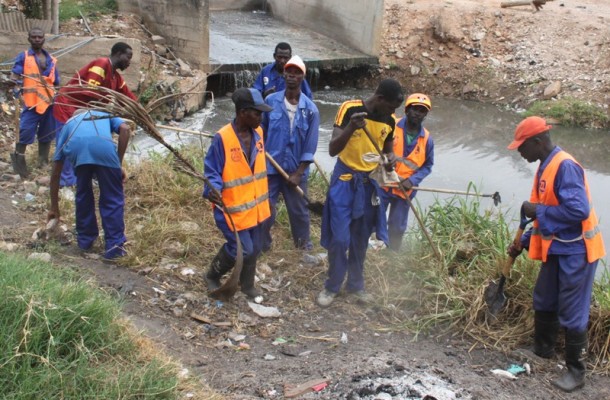
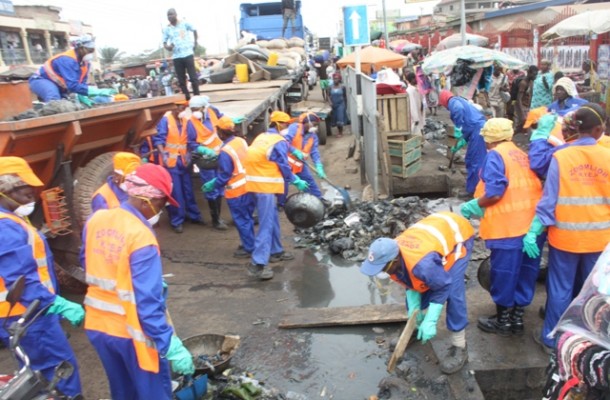
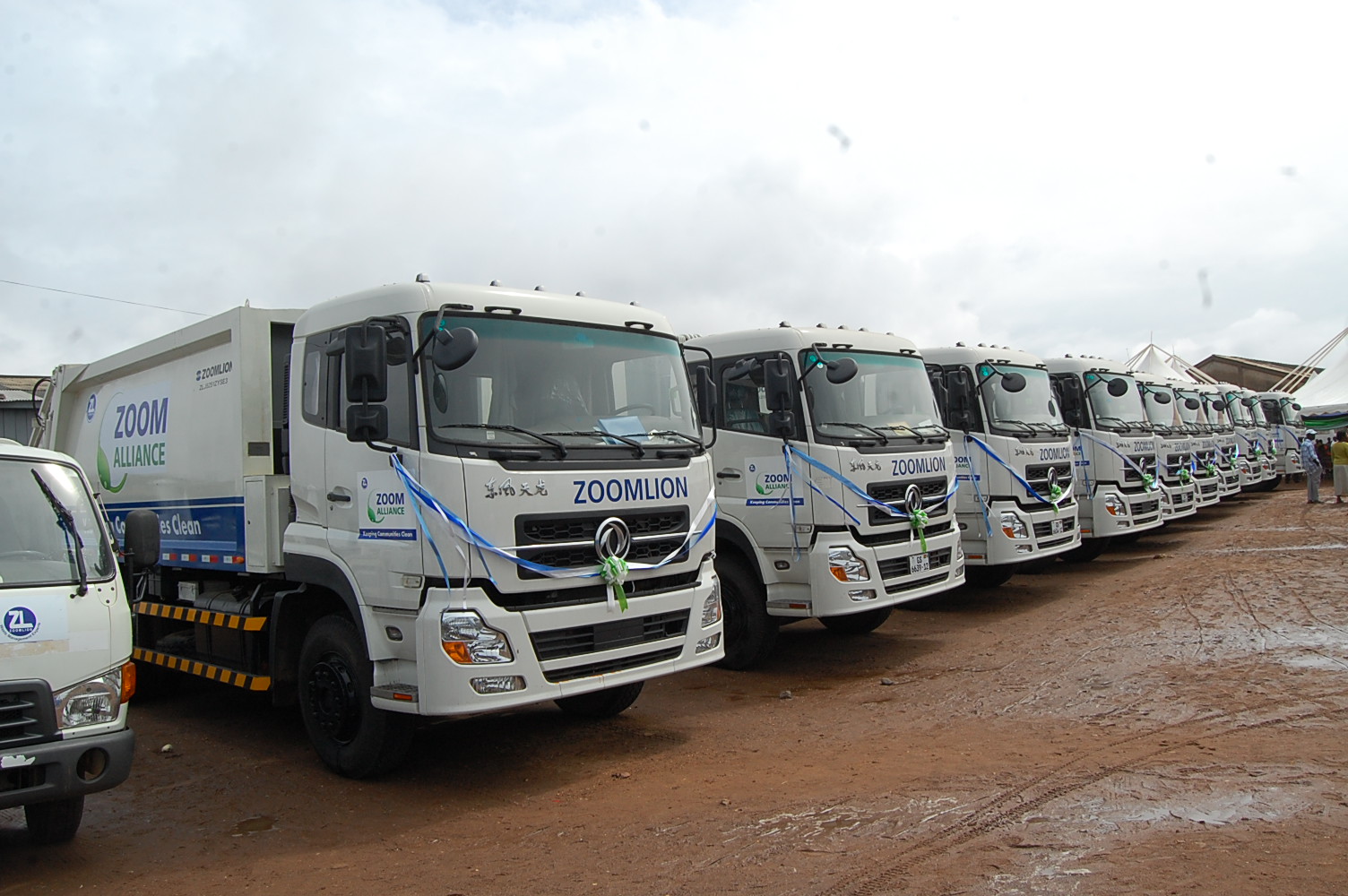
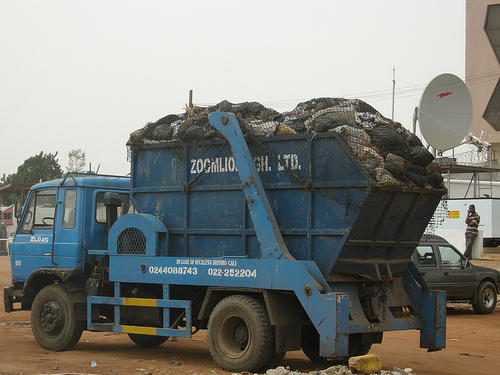
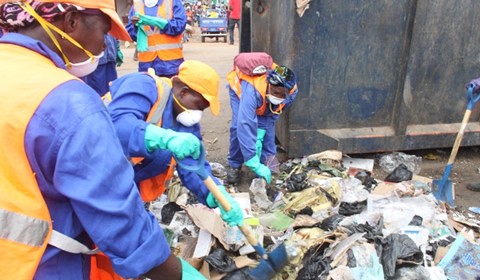
Sanitation and Waste Management
Investment Opportunities, Industries and Sectors
The sanitation and waste management sector has been gradually modernized through the introduction of private sector participation and decentralization of the rural management. The sector is divided into three sub-categories.
Environmental Sanitation
The responsibility for implementation of environmental sanitation projects and programmes lies with the Metropolitan, Municipal and District Assemblies.
The Environmental Sanitation sub-sector covers both the liquid and solid waste management and disposal. It is therefore varied, covering very different types of waste, such as organic waste, inorganic and hazardous waste. Depending on the type of waste different methods as regards collection, treatment and disposal are used.
Sewage Systems
In Ghana, part of the collection and disposal of wastewater is done using conventional sewer systems. The sewer systems are at Tema and some parts of Accra, Kumasi and Sekondi-Takoradi. A greater part of consumers use underground tanks such as septic tanks. The waste is then transported by de-sludging tankers to treatment works or dumping sites. The transportation is done by the waste management department of the Metropolitan, Municipal and District Assemblies and private tanker operators.
Wastewater treatment facilities
The main types of treatment facilities used in Ghana are oxidation or waste stabilization ponds, aerated lagoons, trickling filter and activated sludge process treatment facilities. The wastewater treatment facilities in the country are largely used for treating domestic wastewater.
Industrial wastewater is discharged after treatment, if required by the national environmental standard, into the public drainage system.
